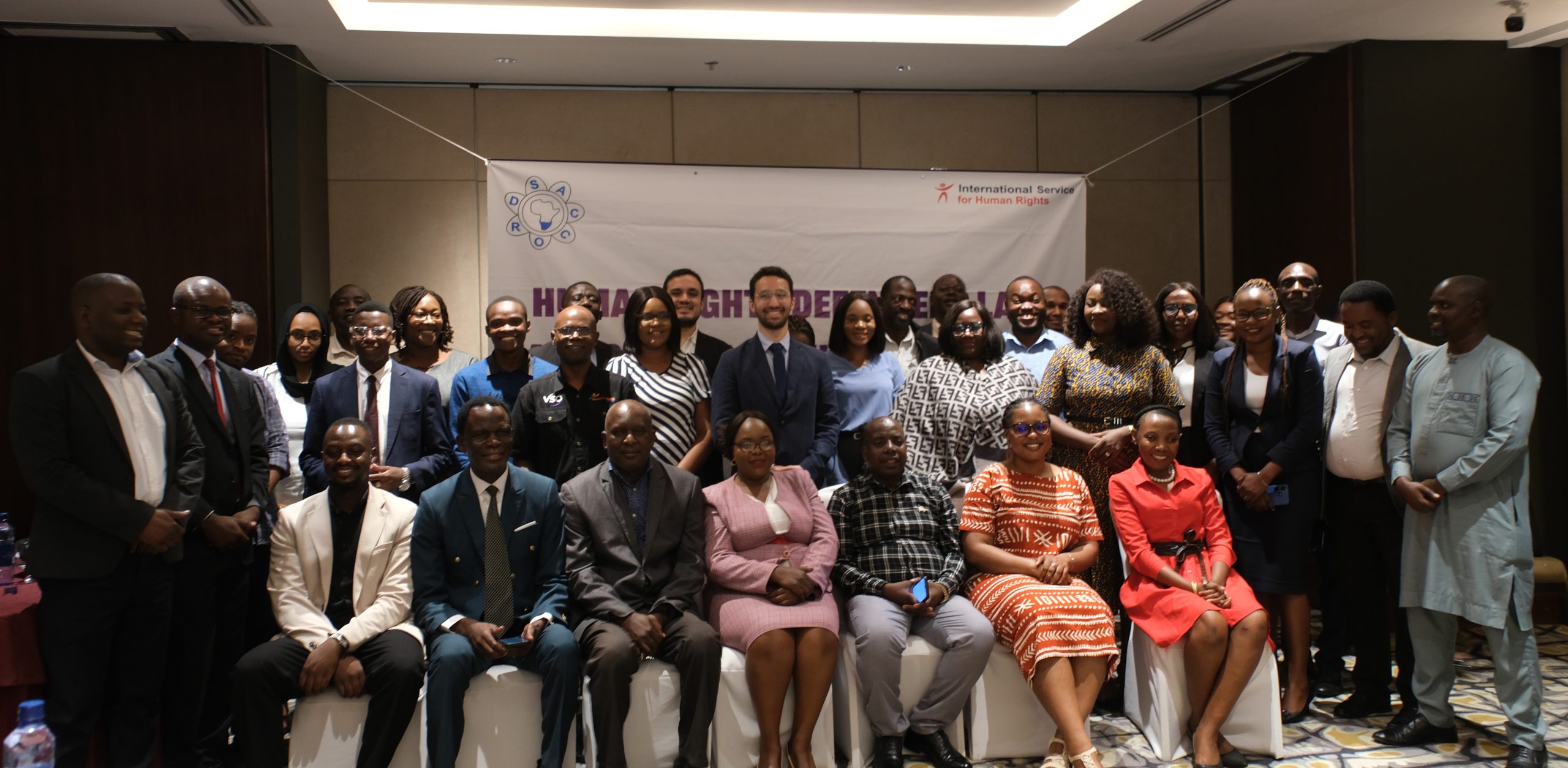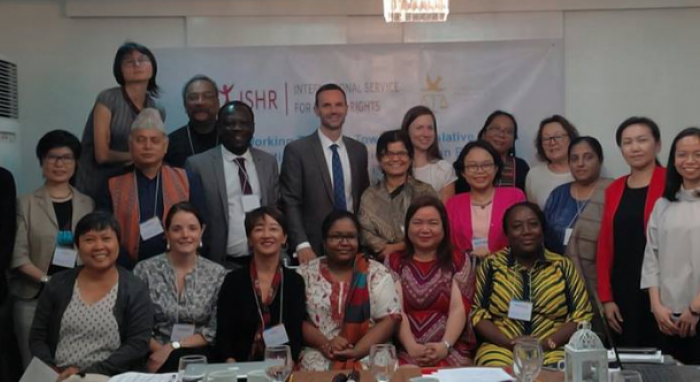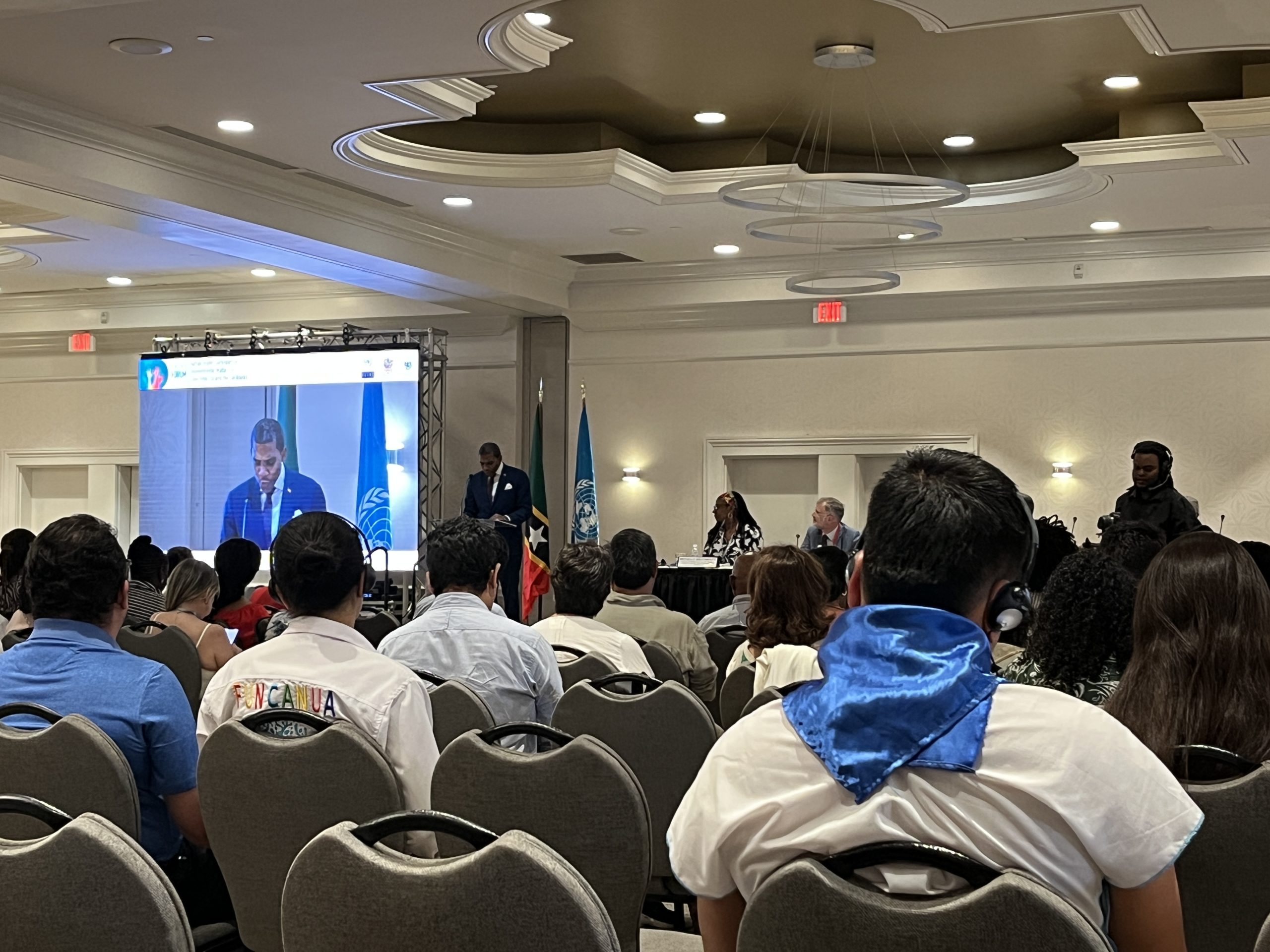On 24 and 25 January, ISHR held a regional consultation on legislative protection for human rights defenders in the Philippines, with the support from the country’s National Human Rights Commission. The regional consultation was followed by a national consultation of defenders from throughout the Philippines on 26 January.
Regional consultation
Representatives from several Asian countries participated in the consultation, including Indonesia, India, Mongolia, Nepal, the Philippines, Taiwan and Sri Lanka. A civil society representative from Sierra Leone also joined the discussions to share experiences and challenges from West Africa.
The purpose of the consultation was to provide an opportunity for defenders to come together and discuss developments with regards to legislation and policies for the recognition and protection of defenders. They were also encouraged to share their insights and experience and develop strategies for the development of the same.
Discussions focused on restrictive legislations, such as counter-terrorism and national security laws that restrict NGOs and defenders’ activities by hindering registration, funding, freedom of expression and association.
ISHR’s model law for the Recognition and Protection of Human Rights Defenders served as a basis for several discussions. Participants unanimously agreed that a legal instrument recognising and protecting defenders is imperative for them to work in a safe environment free from arbitrary constraints, unlawful imprisonment and attacks.
‘While it was agreed that legislative frameworks are integral, there are a number of other elements required to ensure a safe and enabling environment for defenders, including an independent and effective national human rights institution and judicial system, unrestricted access to the UN and public support for the work of defenders. The development of a law for the protection of defenders does not mean these elements can be overlooked,’ said ISHR’s Legal Counsel and Program Manager Tess McEvoy.
‘Not only this, but any legislation of policy that is developed must be fully implemented and resourced to ensure it effectively functions to protect defenders’, McEvoy added.
During the discussion, participants welcomed developments in various national contexts such as strategies put in place to pass and implement a draft law for the protection of defenders in the Philippines, Nepal and Mongolia. Furthermore, defenders from India developed a set of strategies to increase community awareness and education on human rights defenders.
Throughout the consultation, emphasis was put on the key role that human rights institutions should play. Participants therefore reflected on existing institutions in their respective countries and on how these need to be strengthened to ensure they effectively protect defenders.
National consultation
The regional consultation was followed the next day by a national consultation with participants from across the Philippines. These discussions highlighted three key points:
- the need for community development and awareness raising for human defenders in the Philippines
- the need for action to address cases of violence against human defenders in the Philippines
- the need for the adoption and implementation of legislative protections for human rights defenders.
As the participants from both discussions return to their home country they seek to implement the strategies developed during the consultation. Development of legislative protection requires the engagement of all stakeholders. We call on representatives of national human rights institutions, States and the community to support the development of legislative protection for human rights defenders, to contribute to a safe and enabling environment for their work.
Contact: Tess McEvoy, [email protected]
Photo: ISHR.




